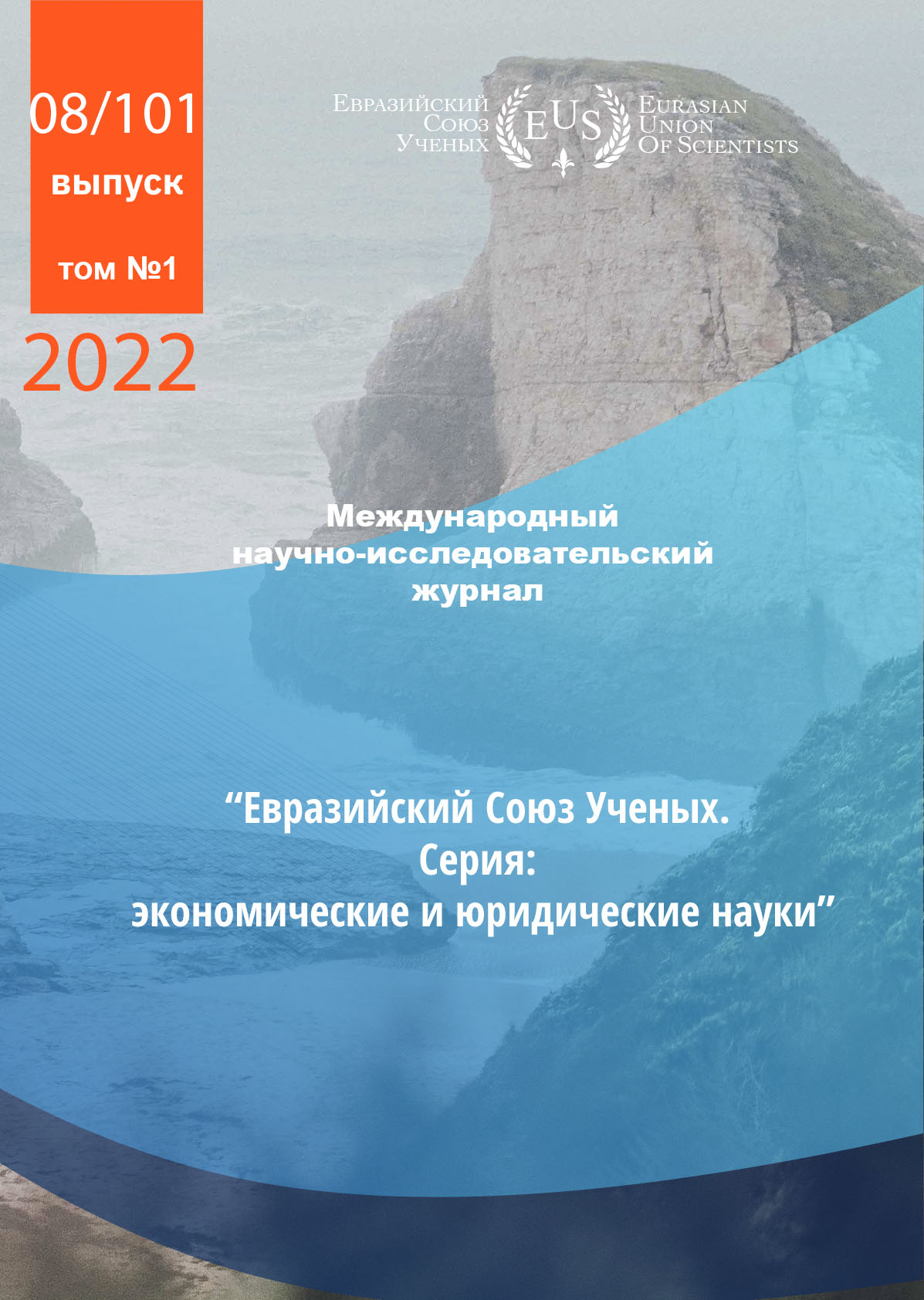RECEPCIJa RIMSKOGO PRAVA VO FRANCII
Abstract
The article reveals the essence of such a concept of historical and legal science as the "reception of Roman
law", and also examines its impact on the legal system of France up to the XIX century
References
2.Rimskoe pravo, sravnitel'no s zakonami Francii, Anglii i Shotlandii. Soch. lorda Makenzi, odnogo iz sudej assiznoj palaty v Shotlandii, perevod s angl.
Moskva. 1864.
3.Tkachenko S. V. Recepcija rimskogo prava: voprosy teorii i istorii: avtoreferat dis. …kandidata juridicheskih nauk: 12.00.01 / Sovrem. gumanit. akad.
4.Tomsinov V.A. O sushhnosti javlenija, nazyvaemogo recepciej rimskogo prava. \\ Vestnik Moskovskogo Universiteta. 1998. № 4.
5.Bardach J. La reception dans l’histoire de l’etat et du droit // Le droit romain et sa reception en Europe. Varsovie, 1978.
6.Hazeltine H.D. Roman Law and Canon Law in the Middle Ages // The Cambridge Medieval History. Vol.5.
7.Pringscheim F. Reception // Revue internationale des droits de l’Antiquite. 1961. Vol. 8.
CC BY-ND
A work licensed in this way allows the following:
1. The freedom to use and perform the work: The licensee must be allowed to make any use, private or public, of the work.
2. The freedom to study the work and apply the information: The licensee must be allowed to examine the work and to use the knowledge gained from the work in any way. The license may not, for example, restrict "reverse engineering."
2. The freedom to redistribute copies: Copies may be sold, swapped or given away for free, in the same form as the original.







